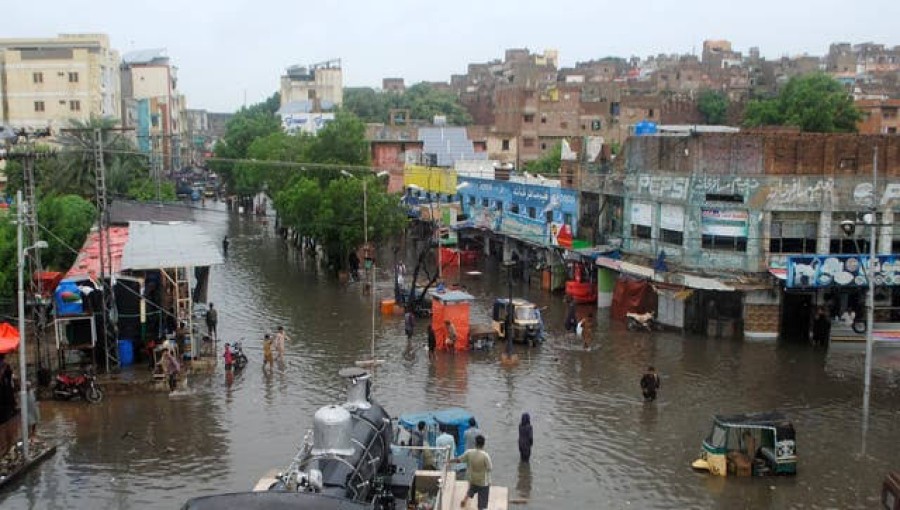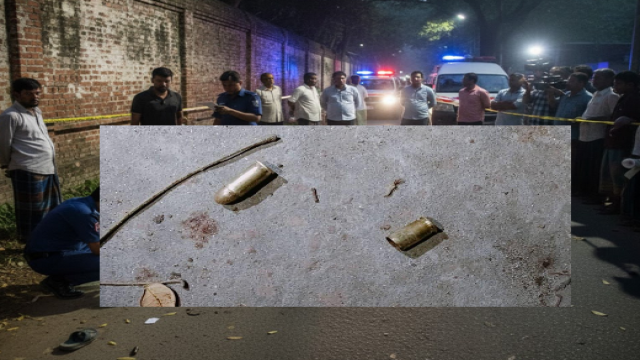Heavy rains in northern Afghanistan have triggered flash floods, resulting in at least 60 deaths and hundreds of injuries. The torrential downpour, which has persisted for several days, inundated five districts in Baghlan province, leaving many missing and raising concerns of a rising death toll, according to authorities. Over 2,000 structures have been damaged by the floodwaters, with houses submerged and numerous individuals stranded.
The devastation caused by the floods adds to Afghanistan's already grim toll, with at least a hundred people killed in floods since mid-April. The ongoing disaster underscores the urgent need for relief efforts and support to affected communities grappling with the aftermath of the flooding.
Meanwhile, in Brazil's southern province of Rio Grande do Sul, severe flooding has claimed the lives of 126 people, with approximately 150 individuals still missing. The disaster has displaced around 350,000 residents, exacerbating the humanitarian crisis in the region. The Brazilian Meteorological Office has forecasted more rainfall, heightening concerns over rising water levels in Porto Alegre and surrounding areas. Compounding the situation, flooding has disrupted water drainage systems, leading to shortages of safe food and water supplies.
As both Afghanistan and Brazil confront the aftermath of devastating floods, coordinated efforts are essential to provide assistance and support to affected populations, mitigate further risks, and facilitate recovery and rebuilding efforts in the affected regions.































Comment: